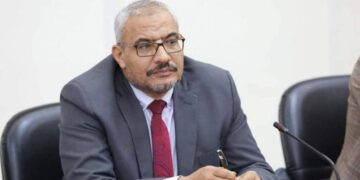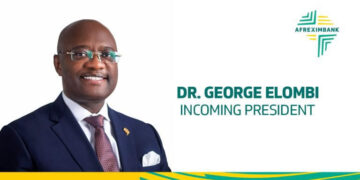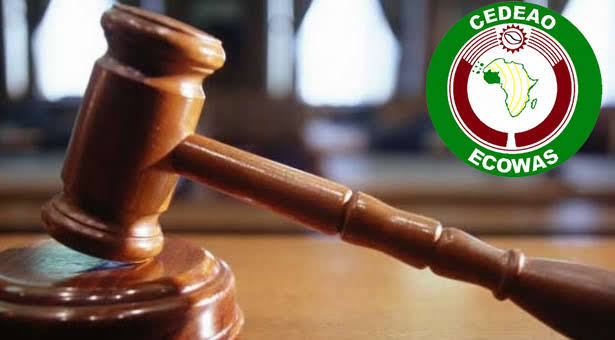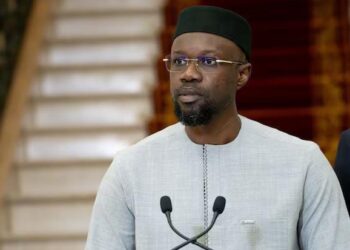By John Ikani
The ECOWAS Court of Justice in Abuja has ruled that certain provisions within the Nigerian Press Council Act infringe upon citizens’ rights, particularly their freedom of expression.
The ruling specified that immediate amendments are necessary to bring these sections in line with international standards.
The verdict stems from a case initiated by two online and digital journalists, Isaac Olamikan and Edoghogho Ugberease who claimed they were apprehended by security operatives at various locations while pursuing their journalistic duties.
Represented by their lawyer President Aigbokhan, the applicants contended that certain provisions in the 1992 press council law were discriminatory, violating their right to freedom of expression as guaranteed by various international agreements.
The 1992 Act established the Nigerian Press Council, tasked with upholding ethical and professional standards in the media.
In her judgment on Friday, November 24, Judge Dupe Atoki, part of the three-member ECOWAS Court panel, pointed out that “sections 19(1)(a), 27, and 37 of the NPC Act failed to acknowledge the rights of online and citizen journalists, including those serving public interest.”
The court underscored the significance of technology on the media landscape, recognizing the role of citizen journalists, influencers, and content creators who, despite not fitting traditional qualifications, contribute significantly to shaping public opinion.
The court’s directive to the Nigerian government is clear: “amend the contested sections to align with international standards that promote free, pluralistic, and professional journalism.”
While dismissing the Nigerian government’s objection to the court’s jurisdiction, the court rejected the journalists’ request for a $1 million compensation.
The court acknowledged the journalists’ claim that their arrests and detentions were unlawful but did not find evidence of differential treatment warranting compensation under Article 2 of the African Charter on Human and Peoples’ Rights.
In response, the Nigerian government, represented by Maimuna Lami Shiru, Director of Civil Litigation at the Federal Ministry of Justice, argued that journalism, being a sensitive profession, required regulation to prevent negative consequences.
The government defended the criteria for registration and membership as journalists, urging the court to dismiss the case as frivolous and baseless.



































